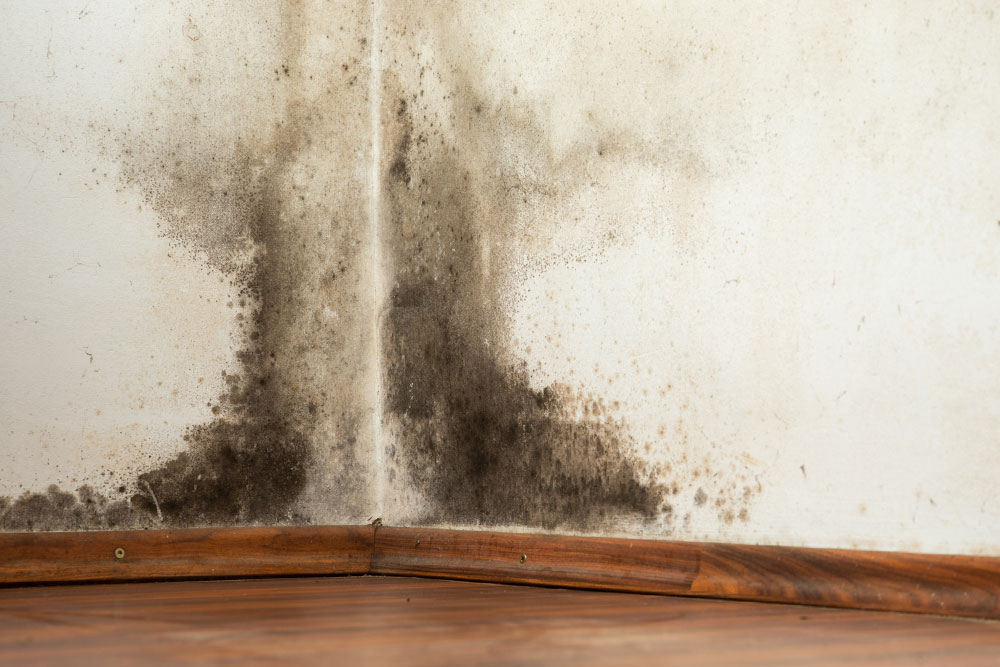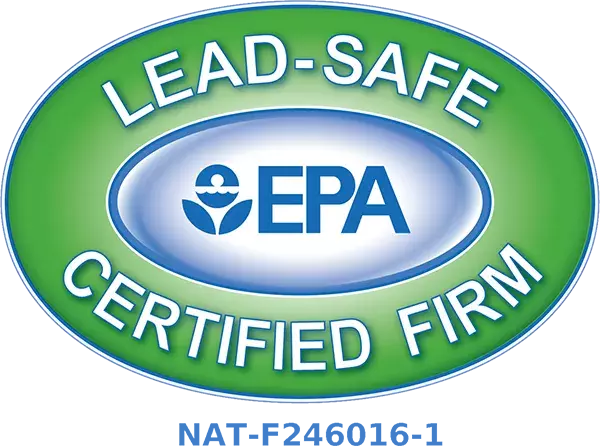Florida’s humid climate creates a breeding ground for mold growth, presenting unique challenges for homeowners and property owners. The presence of mold is not merely a nuisance; it can lead to serious health concerns and damage to property. Understanding the local mold laws in Florida is essential for homeowners to protect themselves, their tenants, and their investments.
Florida’s Legal Framework on Mold
Overview of State Regulations Regarding Mold Remediation
In Florida, regulations surrounding mold assessment and remediation fall under specific statutes that provide guidance on how mold issues should be handled by professionals and property owners alike. These laws aim at establishing safety standards, ensuring that remediation efforts are carried out correctly in order to protect public health.
Discussion of Relevant Florida Statutes
The primary statutes related to mold in Florida are found in Florida Statute 468.841–468.843. These statutes encompass the following key points:
- Mold Assessment: This statute defines the qualifications required for mold assessors, including training and certification standards. It sets the groundwork for how mold assessment should be conducted.
- Mold Remediation: Guidelines here outline the process for effective mold remediation, including the necessary steps to ensure the safety of both workers and residents. Additionally, it discusses the necessity for appropriate containment measures during remediation to avoid further spread of mold spores.
Responsibilities of Property Owners
Legal Obligations for Property Owners
Property owners in Florida have certain legal obligations to manage mold effectively. These include maintaining the property in a safe and habitable condition and ensuring that any known mold issues are addressed promptly.
Importance of Disclosing Mold Presence
When it comes to property sales or leases, it’s crucial for owners to disclose known mold presence. Florida law mandates that sellers or landlords must inform potential buyers or tenants of any mold issues that could affect health or safety. Failure to disclose this information may expose property owners to legal repercussions.
Mold Assessment and Remediation Standards
Overview of Industry Standards
The ANSI/IICRC S520 is a widely recognized standard for mold assessment and remediation. This standard provides guidelines to ensure that mold is assessed accurately and that remediation practices are effective and safe.
Guidelines for Safe and Effective Mold Remediation
These guidelines emphasize the need for:
- Appropriate personal protective equipment (PPE) for workers.
- Containment strategies to prevent cross-contamination.
- A thorough assessment of the affected area followed by proper remediation techniques, including moisture control.
Adhering to these standards not only ensures compliance with Florida laws but also promotes a safe environment for both workers and residents.
Tenant Rights and Landlord Responsibilities
Understanding Tenant Rights
In Florida, tenants have rights regarding mold exposure and remediation. They can request timely repairs, including mold remediation, when health or safety issues arise.
Legal Requirements for Landlords
Landlords are legally obligated to address mold issues promptly and effectively, especially when notified by tenants. Failure to do so could result in legal action taken against them. Tenants should document their requests for repairs and any communications regarding mold issues.
Reporting Mold Issues
Step-by-Step Guide on How to Report Mold Problems
If mold is discovered in a property, it’s essential to act promptly:
- Notify Management: Inform your landlord or property management company of the issue as soon as possible.
- Document: Take photos and keep records of the affected area, including dates and descriptions of the issue.
- Health Department: If the issue is not addressed promptly, consider reporting it to local health departments or environmental agencies for guidance.
Local Health Departments and Environmental Agencies
In Florida, resources are available to assist residents in dealing with mold issues. Local health departments can provide support, inspections, and advice on proper remediation practices.
When to Seek Professional Help
Signs Indicating the Need for Professional Mold Remediation
If you notice extensive mold growth, a musty smell that persists, or experience health symptoms such as breathing difficulties, it’s time to consult a professional. Signs of hidden mold, such as discoloration on walls or ceilings, should also not be ignored.
Benefits of Working with Certified Mold Remediation Companies
Professional mold remediation companies are equipped with the necessary tools and expertise to safely and effectively address mold issues. They follow established guidelines and possess the right certifications to ensure compliance with local regulations, providing peace of mind to homeowners.
At J&R Restoration, we abide by the Florida mold laws, helping restore your property and save your health. Contact us today to get started!


